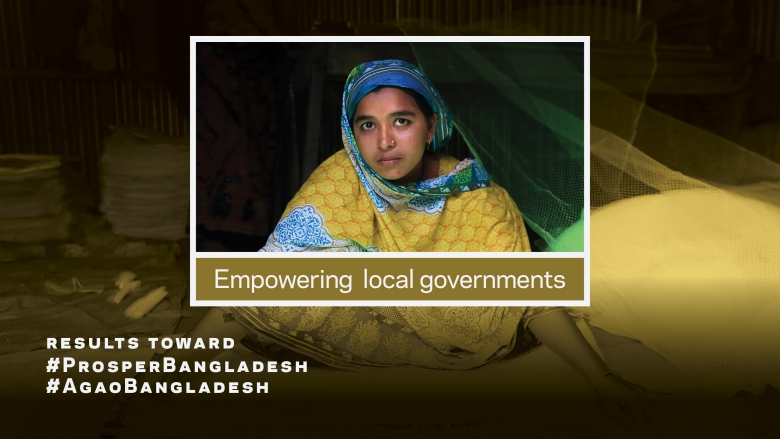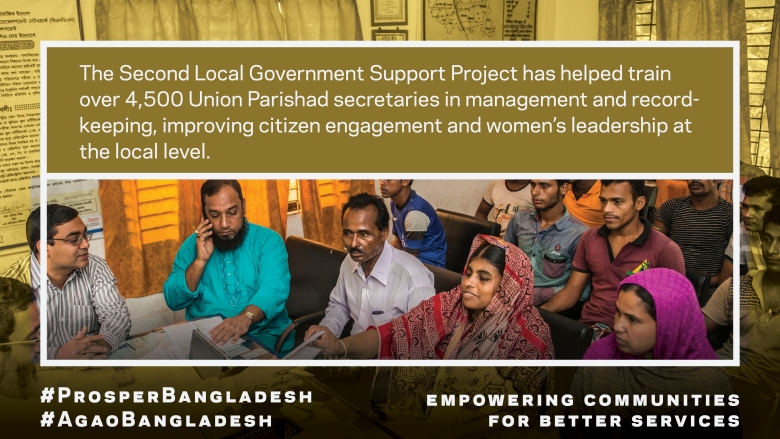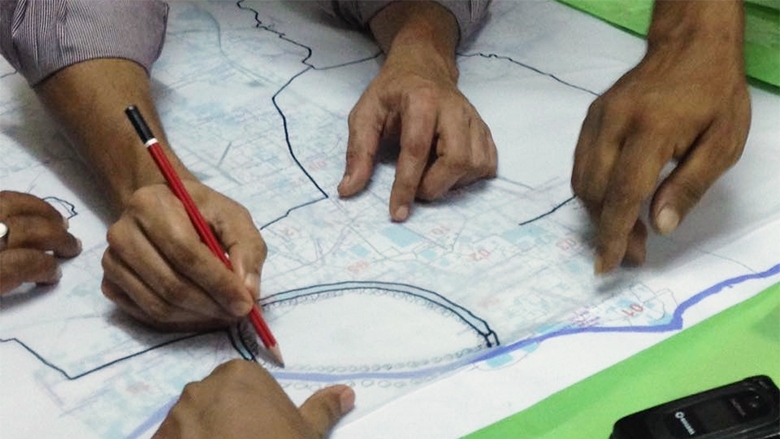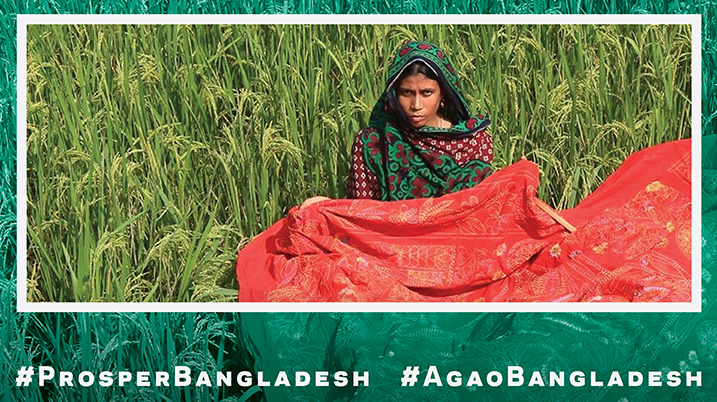Challenges – Limited ability to meet growing needs
Local governments in Bangladesh provide essential services to meet the diverse needs of their residents and to drive progress on many development measures. But too few municipal governments across Bangladesh have the capacity, resources or experienced personnel to keep up with the needs of this rapidly evolving country.
Most local government leaders in Bangladesh are not fully empowered to carry out their work. Few are supported by the scarce pool of qualified professionals who can plan and implement essential services. Management systems are typically weak, and broad-based, community participation in local government decision making is usually limited.
Moreover, most of Bangladesh’s local governments are highly dependent on a historically centralized national government system. Most of their funding comes from the central government (largely using development aid), and it is not nearly enough. Less than one percent of the Bangladesh’s gross domestic product (or GDP) funds 85 percent of local government development expenditures, and local governments generate very little of their own revenue, especially compared to their counterparts in other low-GDP countries. Dhaka, Bangladesh’s capital city, for example, raises $10 per capita per year while Ethiopian cities average $66 per capita.
Urbanization in Bangladesh is growing more rapidly than in most South Asian countries, applying additional pressure on local governments to keep up with the burgeoning demand for basic services.
That contributes to increasing urban poverty in Bangladesh, and may explain why Dhaka is low on global liveability rankings, even as it is the source of one-third of Bangladesh’s national economic output. Waste collection, for instance, occurs in only half of Dhaka non-slum households and only 14 percent of households in slum areas.




